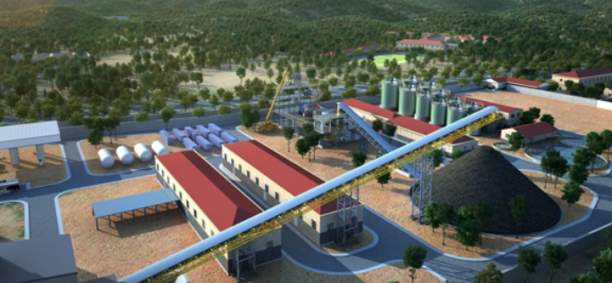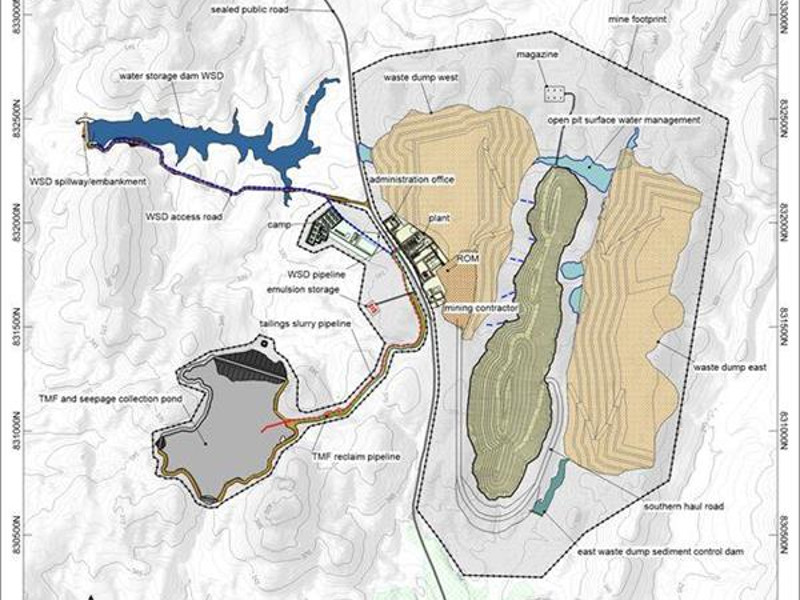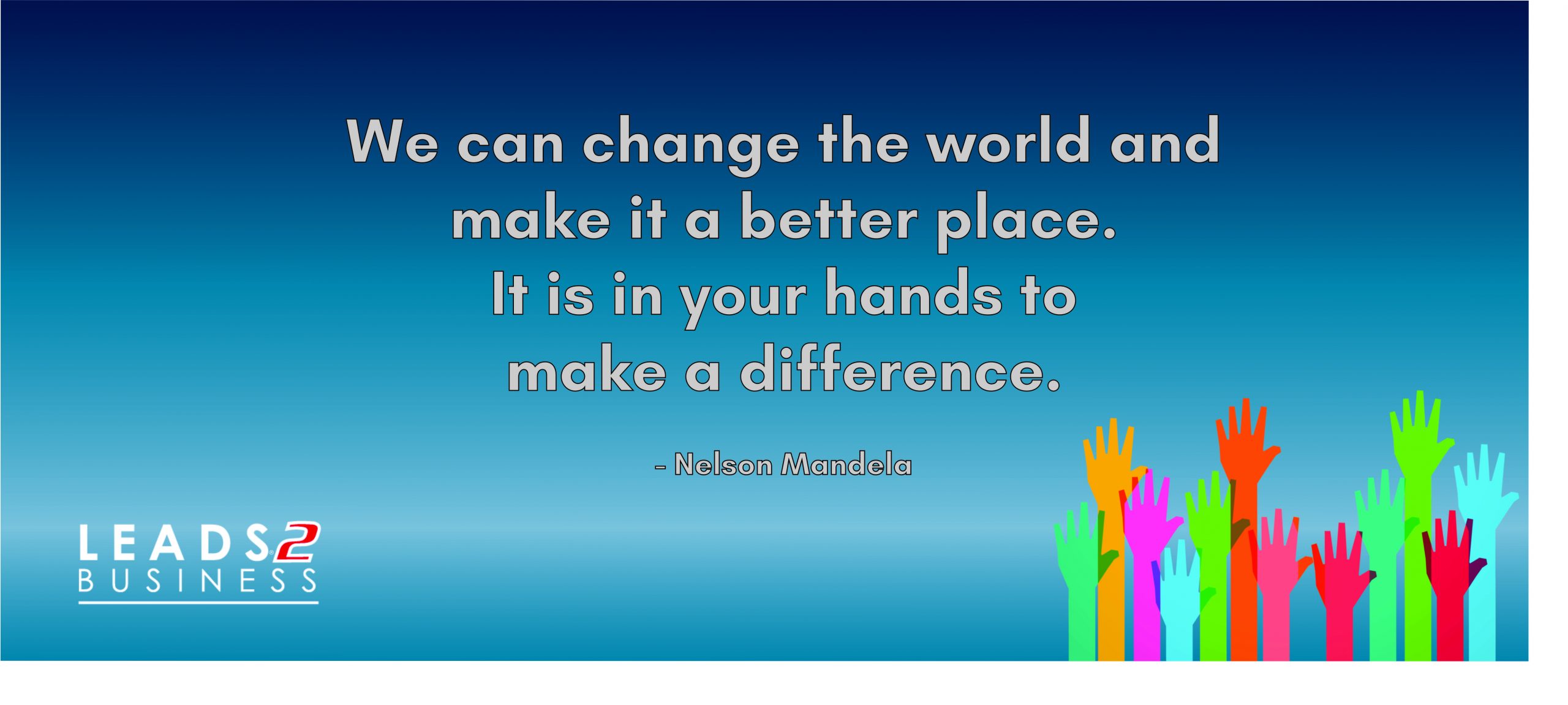
I’m sure you think I have lost my mind but believe me, I am just as anxious to jump off this “coronacoaster” as the rest of you.
It’s no secret that this pandemic has been devastating to the whole globe, everyone has been affected in some way or another, whether it has been from the tragedy of a life lost, or if you have suffered financially during this time, perhaps you have been retrenched or have had your salary or hours slashed – we have ALL been affected.
Nothing is simple any longer.
If you are a smoker you are looking down the barrel of the illegal cigarette trade of which you have now become very familiar with and which is attached to an exorbitant rate for a single box just so you may have a drag with your morning coffee.
No longer can you on the “spur of the moment” make the decision that you would like a glass of chardonnay with your Saturday brunch…. unless of course, you remembered to stop and stand in a ridiculously long cue at your local bottle store on a Thursday before all liquor sales close until the following Monday!
Of course, not even this is possible now with the alcohol ban back in play…
Understandable our anxiety levels are off the charts, trying to keep our family safe, our companies afloat and of course to try and remember our masks every time we leave the house… I myself have had the pleasure of turning myself right around, right outside our local grocer several times now to head back home and retrieve a mask from my ever-growing collection.
But… it’s not all bad
And let me tell you why!
Mother Nature has just received a well-deserved break!!!
And it seems fitting that it was World Environment Day on the 5th June which was during out lockdown, this is a day we celebrate “her” and all that she does for us.
The worldwide lockdown has brought about significant reductions in emissions of smoke and waste due to oil consumption, not to mention a reduction in litter. This in its self has had a positive effect as we have recently seen wildlife roaming, trotting and swimming about freely 🙂
I hope that these pictures warm the cockles of your heart as they did mine and remind you that we are not alone on this earth, not everything is about us and life is still beautiful!
Amazing right!
Animals are not the only beneficiaries of this terrible pandemic, we have seen lockdown camps across the country; feeding, clothing and homing our most vulnerable, this has led to many social and economic issues being brought to the forefront like drug addiction which is now being dealt with, with mostly compassion and understanding. There have been countless private entities who have come together to collect and distribute food, clothes, blankets etc. and it’s lovely to see the humanity or as we like to refer to it as “Ubuntu” amongst our South Africans!
I’m not blind to the corruption that these social funds have unfortunately been subjected to, however, I still sleep a little better knowing our poor and homeless have been feed and have had a bed at night.
So while the world is striving to be COVID-19 Negative….. today I am feeling COVID-19 positive!
Keep well, stay safe and we WILL get through this together!
Sources:
Classic FM
The Federal
Explore
Wikipedia
Afro
T and F Online
To view more Articles, please visit our Leads 2 Business Blog.
If you are interested in becoming one of our subscribers, please visit Leads 2 Business.
To view notes with screenshots on how to use our website, please visit Leads 2 Business Wiki.
I am a strong believer in "What you put in , is what you will get out" and this drives me every day, whether it's at home with my gorgeous family or at work where I get to fuel my competitive spirit.
I love who I am and who I'm becoming.
I love where I am , but more importantly where I'm going....
#EternalOptimist #Aspire2Inspire


















